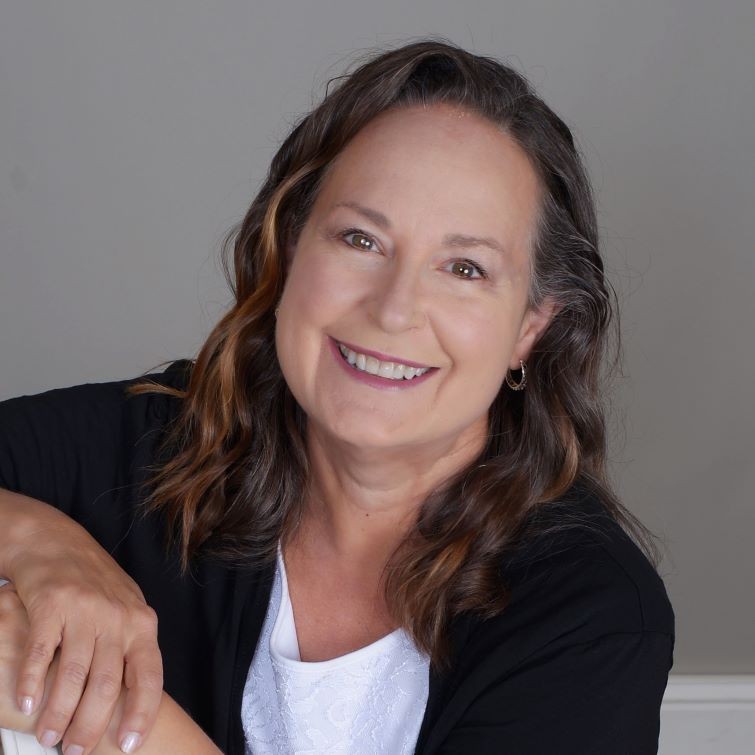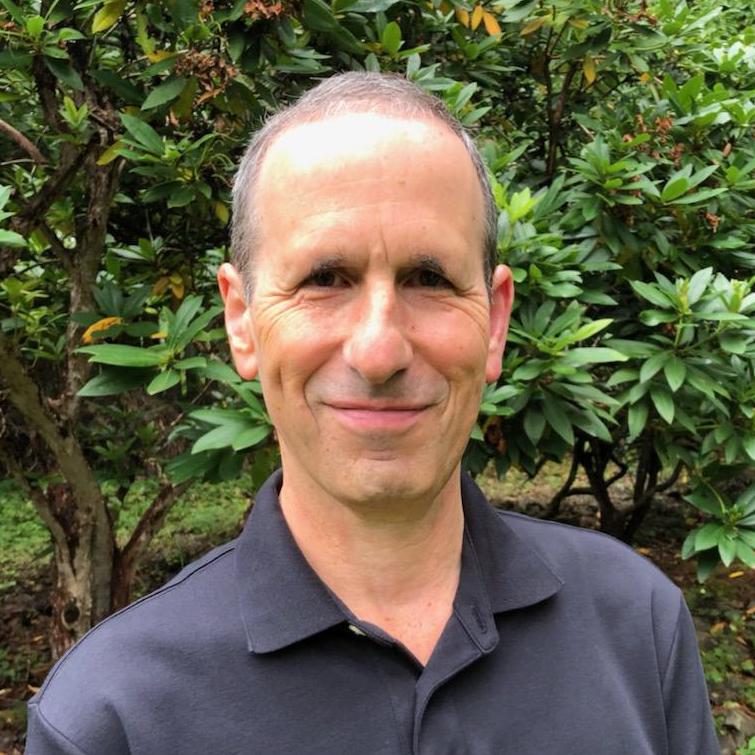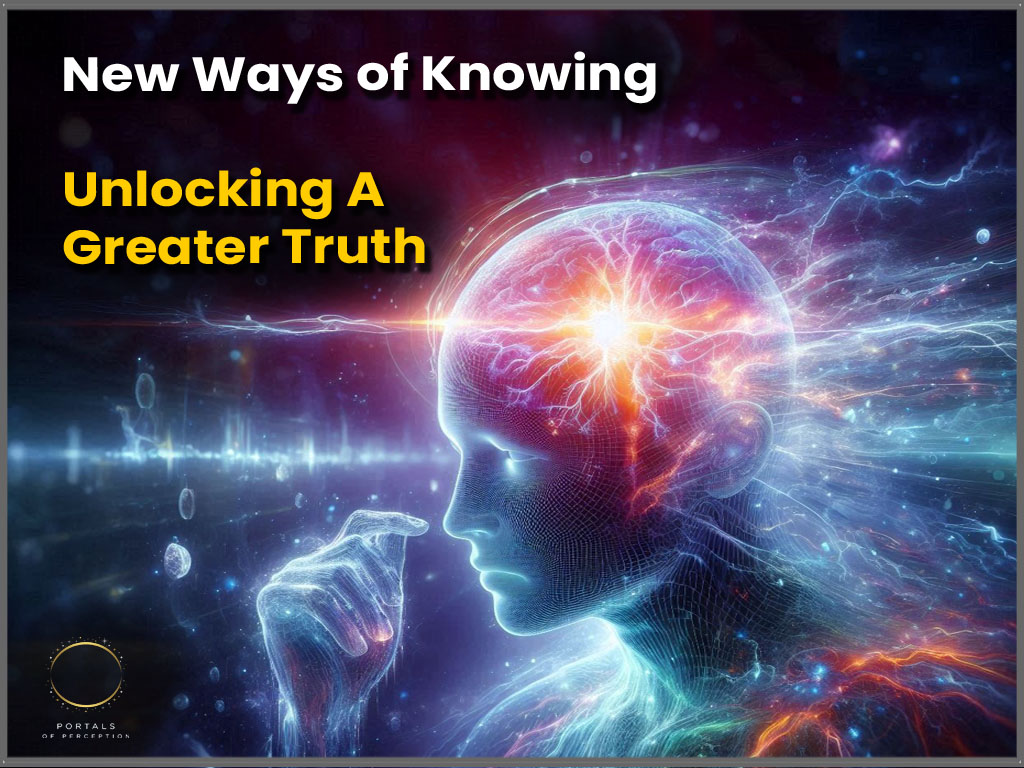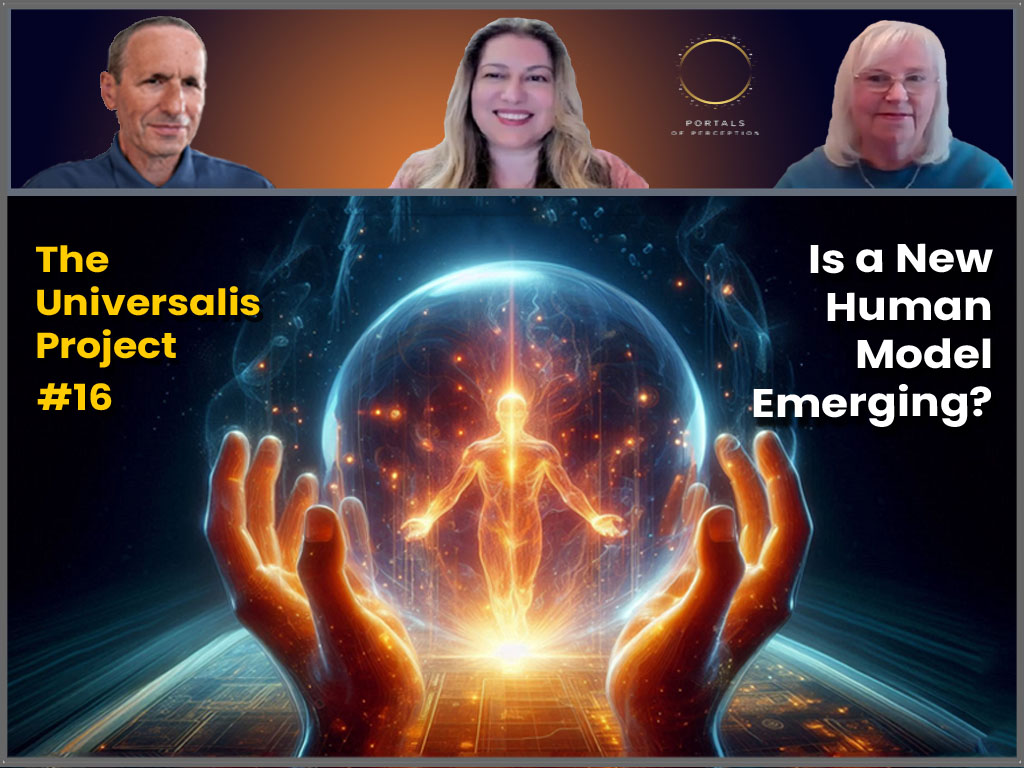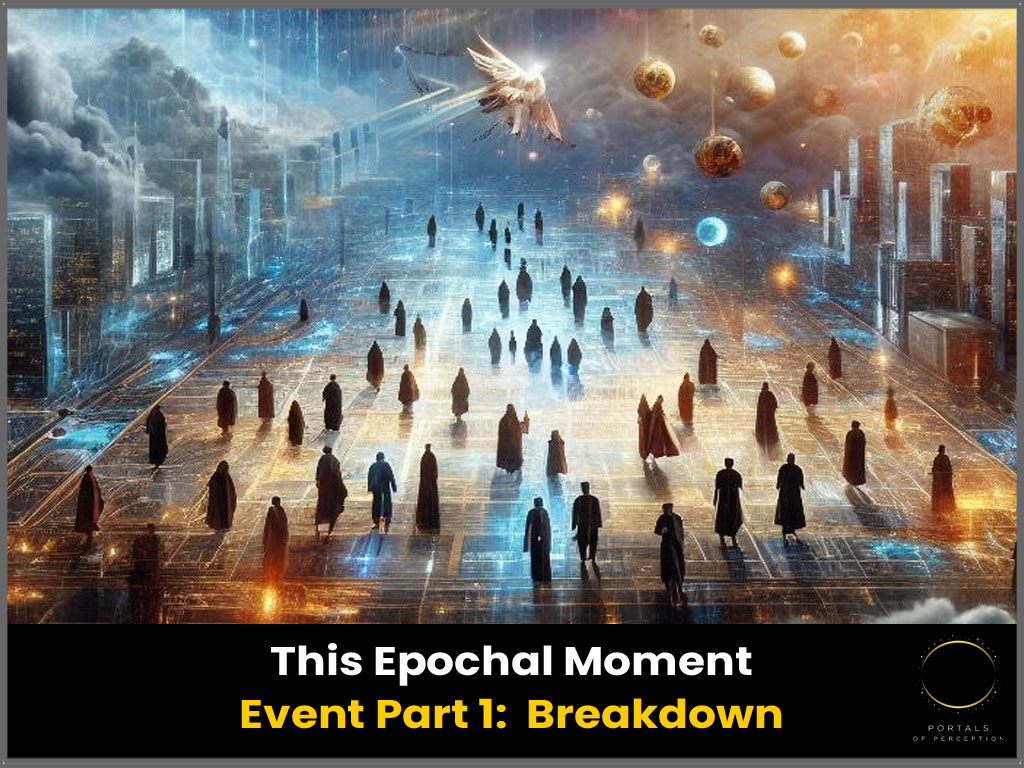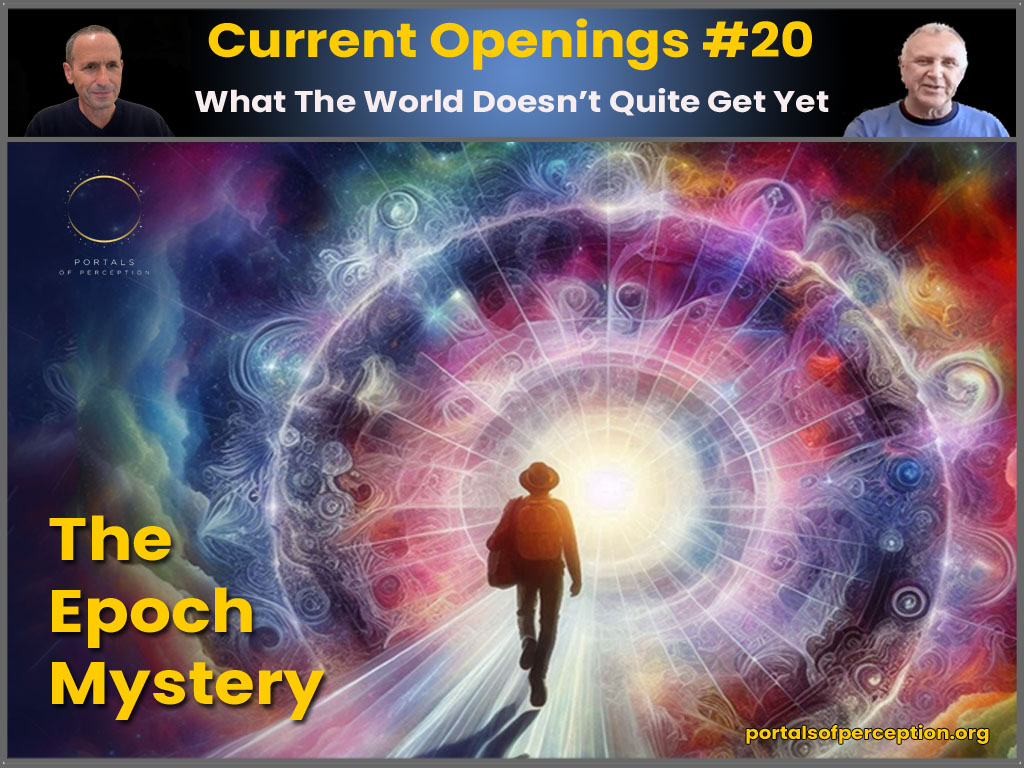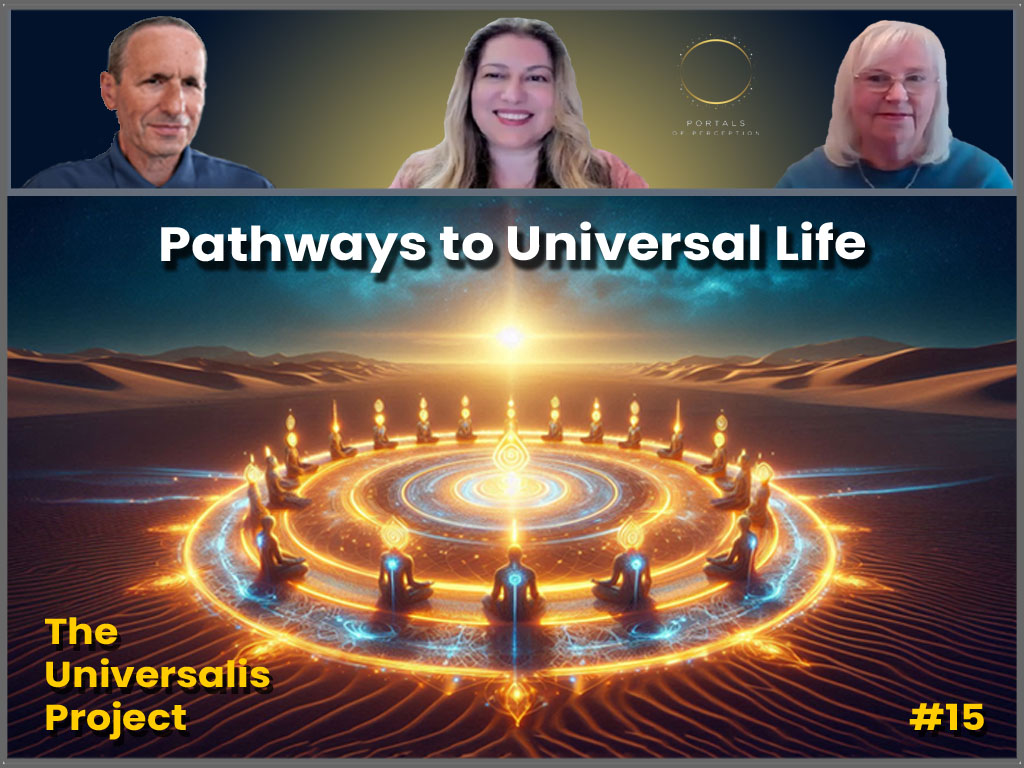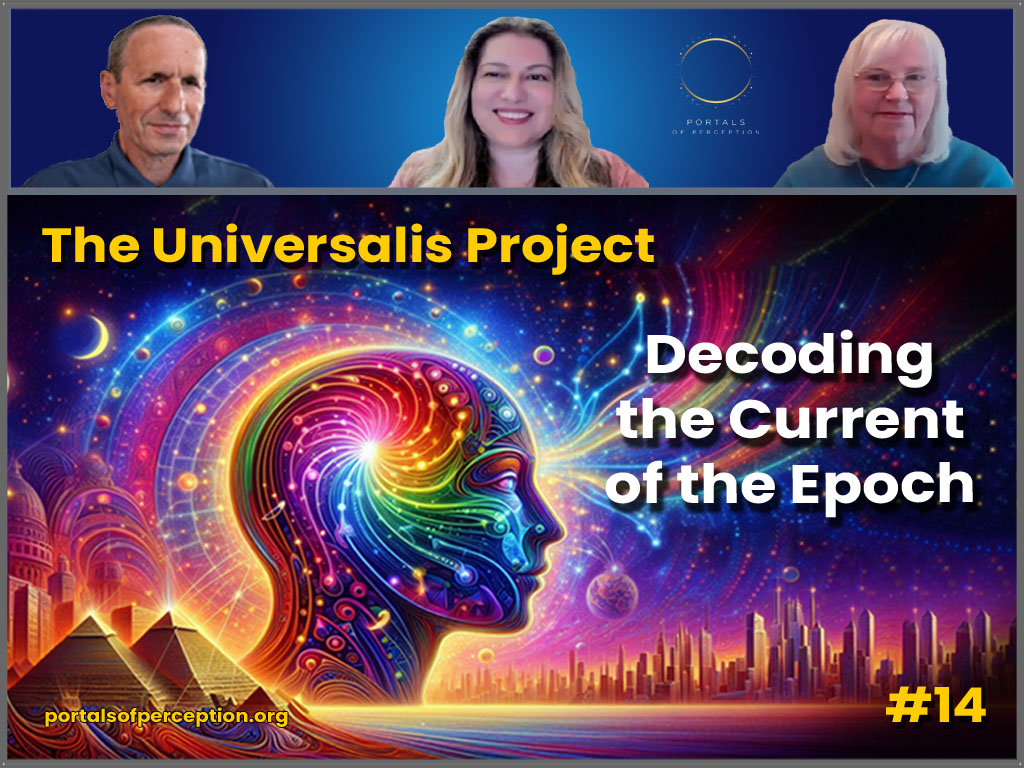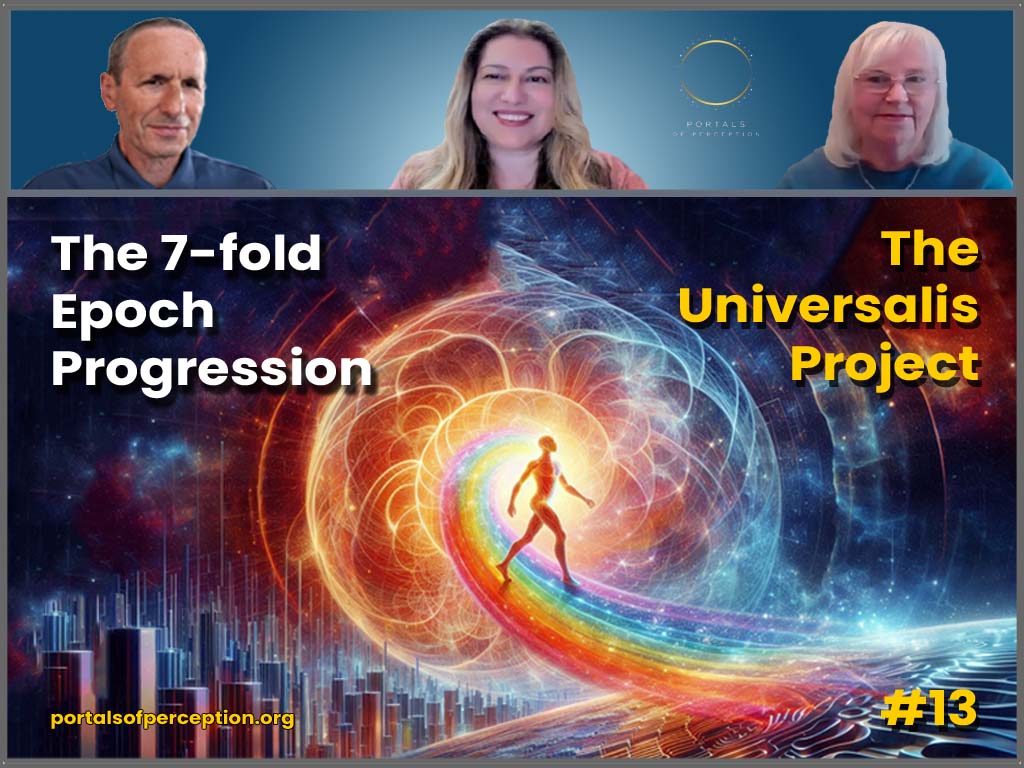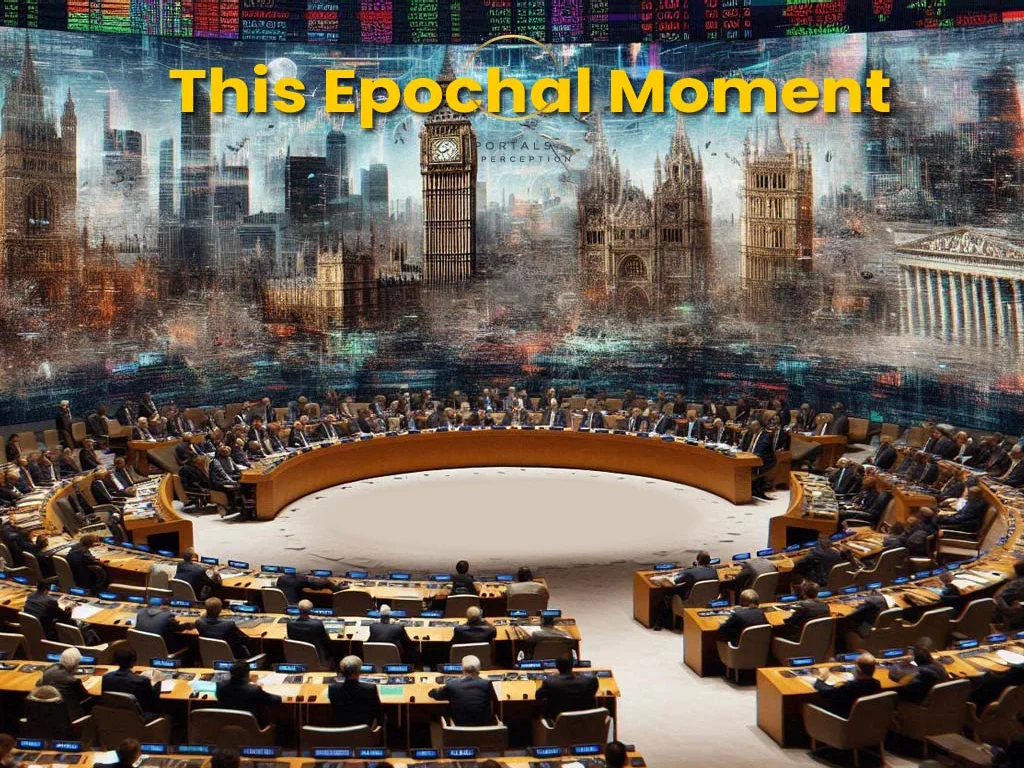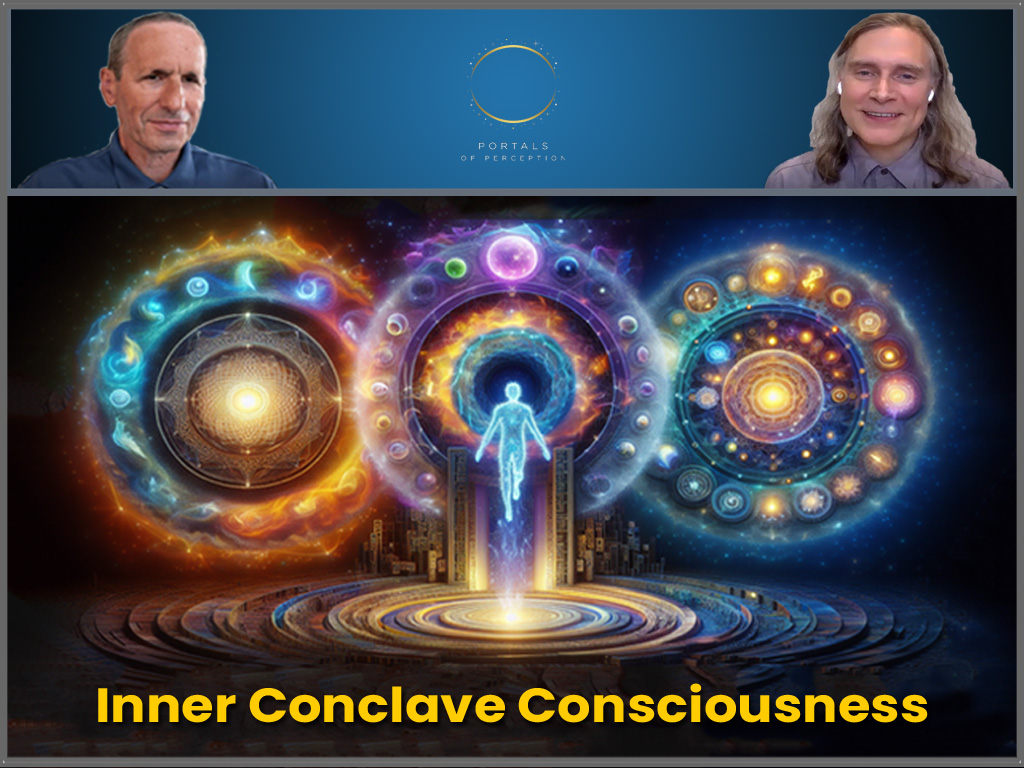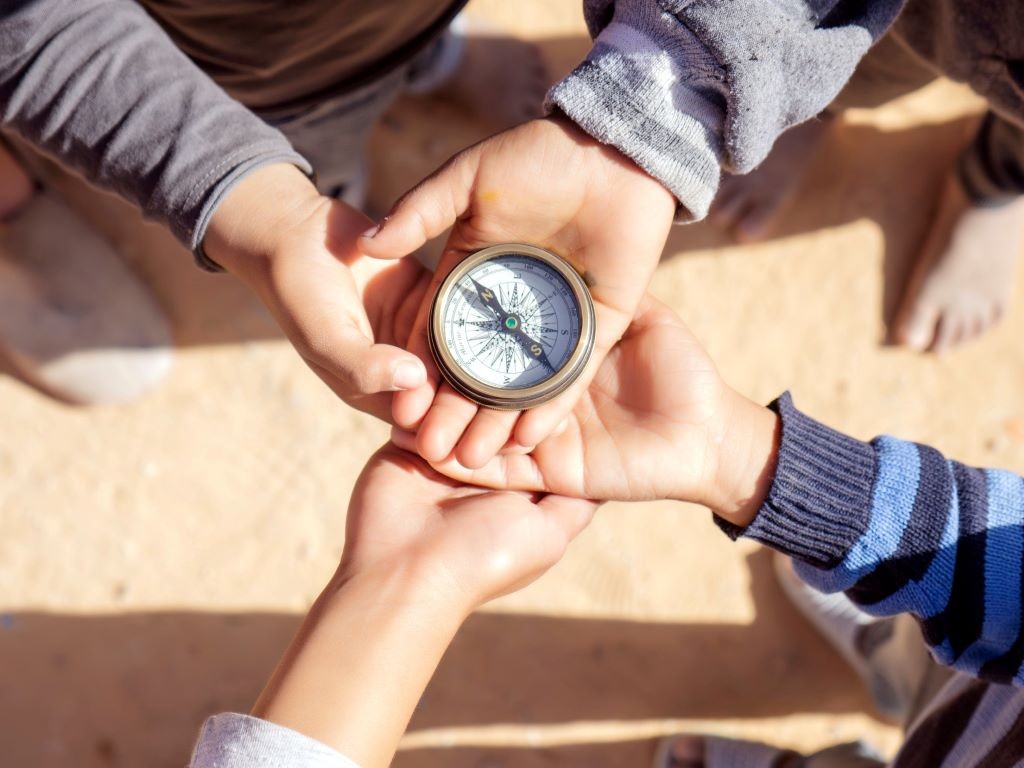
“When we talk about development there is the chronological biological age, but then there are different lines of maturation. There is emotional maturation, there is mental maturation, there is spiritual maturation.”
Aviv Shahar: So today we want to reflect on a tool that I developed, perhaps 15 years ago. It was a time when I was leading leadership programs and top talent programs, and I developed the second or the third module in this nine-month program where I'd often have a group of 15, or 20 or 25 leaders with me, in the aggregate, some time for nine or 10 days. A bit like the experience that you've had, actually, but the focus was not so much on strategy and innovation, more on their own development.
And into that module that was called “Create Your Future,” I wanted to build a particular framework that would give them as much power, as much information, in terms of their own self-navigation and the way they were going to design their future. Part of the exercise was to design the next 10, the next five years. Today is very difficult; if you say to people, “design 10 years from now, what your life will look like?,” and I still think there is value in asking the question, because it will tease certain elements that you can think into and explore.
So anyway, a part of that program was this idea of the 10 Stages of Life, and I'm going to bring it on screen in a minute, and I thought it would be relevant for us to explore because we are interested, in our dialogue, in what we call the golden years, the transition years - so the 50s, the 60s, the 70s.
How do we make these years as meaningful, as powerful, as liberating, as purposeful and intentional as can be? Really defying this idea that you finished your corporate role, and now you're retiring, and now you're beginning to go downhill. No. There’s no need to go downhill. You can go on the plateau, you can go uphill or you can choose to go downhill, but in yourself, you have the capacity to continue to evolve, to continue to grow, to continue to go up your own hill, the mountain of your life, whatever that means for you.
And if you don't like the metaphor of the mountain for the shape of the journey you're creating for yourself, then create whatever metaphor you like. Maybe you are going on a hike for a beautiful lake, or a beautiful place where there is an amazing vista - whatever metaphor. Actually, it's useful to practice with these metaphors.
So, let me bring this on screen, and we can take a look at this. So this was called “The Journey Through Life’s 10 stages.” And you and I discussed, before we turned the recording on, this idea of the earlier years, the infant stage, especially the child and the adolescent stages, and you're suggesting that maybe these can be broken into two, and I said, actually, this can be broken into seven.
There are actually seven, because every year so much happens. And the adolescent can easily be broken into three or four categories, the 9 to 12, the 12 to 15 or 16, the 16 to 21. And if you want it to be more detailed, you break it even further. And we're not doing it here because, actually, the accent here is more on the adult growth and development. If we want to come back another time to do the exploration of this, then we can and we will.
For now, I think we will keep it at that because what we're interested is to then really explore what happens when you go beyond 21. But just for the sake of completion and flow, I wonder if you'd be kind.. Well, first of all, before we go into the content, any opening comments from yourself, and what would you add to what I just said there in terms of how we are approaching this?
Daphne Neveras-Lupfer: So I've opened up my phone, and I'm looking at the feedback that I sent you the last time we chatted, and one perspective that is not covered in your Nature and Character Stage is to talk a little bit about the development of spirituality, and a sense of the greater cosmos. And so I didn't know if that was an angle, a characteristic, a perspective that you also wanted to touch on. So when I sent you my feedback, in addition to dividing things up, I certainly understand why we're not going to do that, and it makes total and perfect sense to me, I did add some comments for each stage around spirituality and religion.
Aviv: Yes. So very interesting. And the reason I initially never included something like this is because a) I did this in the corporate context. But b) I felt that these would very much be influenced by the setup in the upbringing, and I didn't know that they would be always as universal, as you could make the case about the other elements here, number one.
Number two, there is information by the way similar to this, but not as complete I felt, which was one of the reasons I needed to create this tool. And you shared with me a couple of months ago something that you were looking at. And so I felt that I needed to create something more comprehensive. I'm happy that we talk as we talk through this, you bring the dimension of spirituality.
See, religion is more what you're educated to, from your parents, from your environment. Spirituality, if we choose to embrace the broadest definition, which is your experience of yourself inside the cosmos, and the map of meaning and interpretation you offer to that experience, then I’m perfectly fine to explore adding the dimension of spirituality into this. And this by no means is trying to be a complete map. This is a good starter, a rough extrapolation, building on work done by others, but trying to carve a certain focus where the main emphasis for me is the developmental accent, because many places where you’ll bring up the consideration of growing from through your 20s, into your 30s, into your 40s, into your 50s there is an old paradigm that says you've gone through your upbringing, got to 20, 21, 25, and now you're cruising. And I just never believed that to be the case. The last couple of decades proved that could never be the case.
But, still, I think you'd find many people that will tell you that they define themselves by the formative experience. And what they do is they fail to release themselves, and empower themselves, to the greater freedom, liberation, and power in the sense of self-authorship that's available for them into their 30s, 40s, and 50s. All the way from, how do I choose to update my beliefs, and who I am in the world, and how I choose to show up? So more in that belief system level, mental, philosophical level, all the way down to habits in how I use myself in the mechanics of life in all sorts of practical, all the way from diet, to sports, to passions. The greater conviction that if you set yourself up to it, and you have the purpose and the intent, you can curate, you can change, you can transform the life you live at any point.
And I know you'll say to me in a minute or two, well it's easy for you to speak, you've lived like this consciously since your 20s. Well, partly that's why I feel that I have a calling to share this point of view, because my discovery is you don't have to develop that intent in your 20s or 30s. You can discover that awareness and become conscious and intentional into your 40s, and 50s, and 60s. You won't necessarily have the layers, the foundations, that you could have established in your 30s and 40s, that is if you engaged with the same intention then, but there is so much that you can do. And there is so much power that's available for you.
Aviv: So how about if we play with this, and what if we started with the infant stage? Which we frame here as birth to 2, and I put the silver there because I needed more sections than the rainbow, and, between silver and gold, we call the late years the golden years, and we can call the birthing years the silver years because it's a quick metal. So silver, so birth where the central theme is: “What is this world? What is this place I've just arrived at?” And if you’ll read please and make some comments of the nature and character of that stage.
Daphne: Right. So I didn't necessarily have a lot to add here, other than it's worth noting that the infant doesn't have a discernible understanding of spirituality in the greater cosmos, right. So, when we're born, we are really sort of, like you said, blindly feeling our way. And so a sense of self beyond my five senses does not really exist. At least we don't think that it does, right?
Aviv: Correct. So that's why I've always believed that if I needed to answer the following question, what is the first accompanying presence? What is the first nature that accompanies birth? I would say trust, because in the consciousness of the womb experience, there is the clairvoyant knowing that that baby is going to come into a world where there is 100% dependency on the adults. There is the knowledge that, unlike a deer, if you’ve seen a deer, a little deer comes out which is a beauty to behold, it needs to run like almost instantly, because if it doesn't run, it's not going to survive.
Why, in the evolutionary biology, the case is not the same for the human because the human needed to develop, in the evolutionary intent, a system that will hold the bigger head. So the head is larger which is why a baby comes out unable to immediately stand and sit. It needs to actually develop the strength to hold itself, and learn to stand and learn to walk. So there is, at the most fundamental level, that complete dependency on the adults around you, and your parents, and often they're ill-equipped.
So if you ask about the spiritual dimension, if there is a soul spirit that is an energetic presence that inhabits the baby as the life giving signal that we recognize with the extraordinary phenomenon of the quickening, that occurs around the 20th week of the pregnancy, then it has the knowledge that, right at birth, you will depend on others for food, warmth and affection. And you must be able to blindly trust your parents, your caregivers, for providing these.
And there is also the trust that there is everything you need in terms of the motoric in the body, bodily capacity to learn the skills that you need to learn, in the first couple of years, that will give you the mobility that you need.
And the other important feature to highlight about this stage of life is something you've seen me talk to corporate executives about the difference between the toddlers learning and adult learning, because what always inspires me so much about these stages, I could put my ear next to my son's head when he was one, or two, or three and now I do the same with my granddaughter. and I can almost hear the 3-D printing that occurs in her brain because she is immersively creating, in her brain, the topography of the meaning of the experience: the first time she's seeing a dog, the first time she's seeing a bird, first time she's touching with her feet the water of the ocean.
All of those are formative experiences because there is still 100% plasticity in the brain, which is not available in quite the same way for us later in adulthood. But when we come to that we'll talk about the fact that we still have plasticity and that's what people forget to remember. But, in the case of the toddlers learning, it is so rapid, the assimilation of language, and the assimilation of the world, and the assimilation of the meaning of things, because the brain is enjoying the 100% plasticity.
And I'm prepared to also go here on a limb and say, there is also the collective know-how, and the collective knowledge, of the collective unconscious - if I use the Jungian term - or if I choose to talk about it more in the collective soul know-how, the soul guides the baby as she goes, as he goes through those early stages. And the soul has the knowledge of orchestrating the development from crawling, to standing, to walking, such that it carries the potential and the intelligence of that to then facilitate the development in the nervous system, the brain, and the way of the orchestration of the physical, skeletal, muscular, to enable you the rapid learning that goes with learning, for example, to walk. So I offer that about the infant stage.
Aviv: So let's look at the Red Stage of the child, and we said, at the opening, you could break those two to nine to seven different brackets, but the theme here is, “this is mine.” There is certainly in the very early stages there isn't here the separation of me and the world, and everything that I touch, or see, or experience, is the child's experience of the very early years is as an extension of himself, or herself.
What else would you add about this? Mastering motor skills, and learning to play, and socialize, and acquiring new skills and continued growth, and, later, around six and seven, entering formal schooling and organized activities and so on. What else would you add on the early stages of childhood, and then the later stages of childhood?
Pick up this conversation at the 20:00 mark of the video or audio versions
"You could say that so many of the philosophical spiritual frameworks that are offered there, they are a result of the inquiry that emerged at those stages, at those early years, you essentially said I have to figure out 'What is this all about? I'm a child in the universe, and it's for me to figure out the truth about that.'
And we also see for many, in the young adult years, the beginning and the end, the death, of that inquiry, because they succumb, they surrender, to a framework or to a belief that they must chase one thing or another, or a different kind of success."
